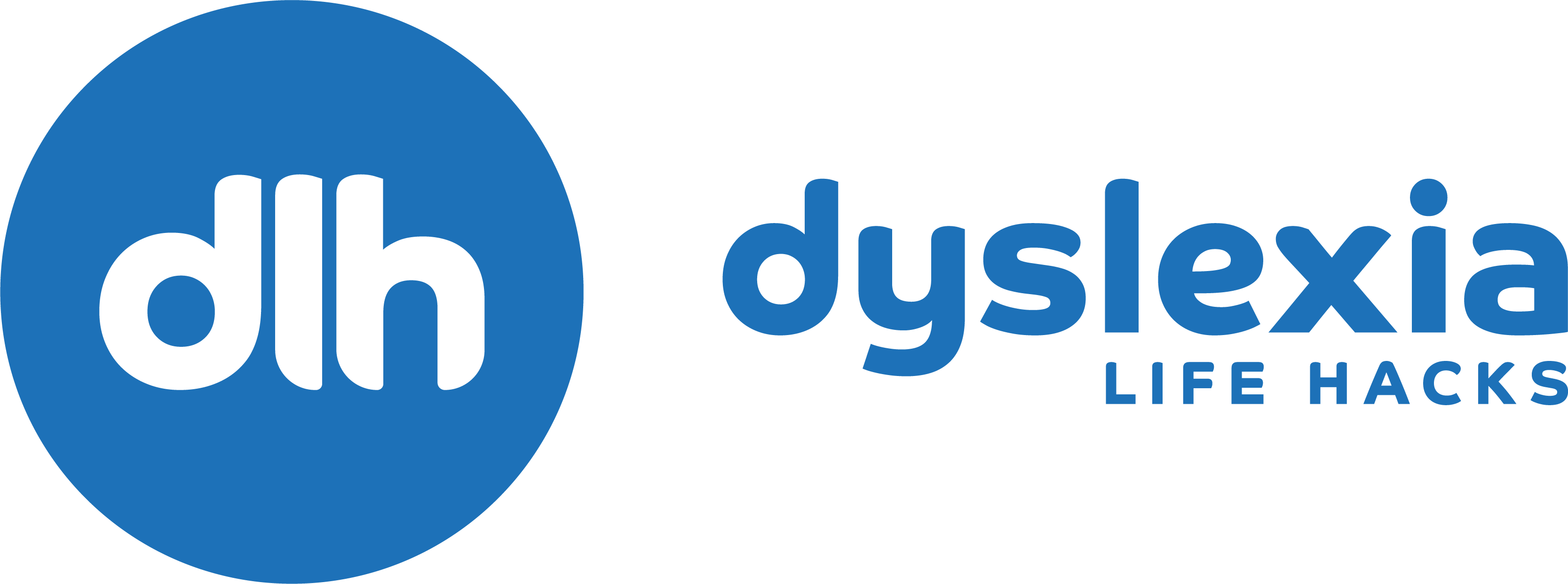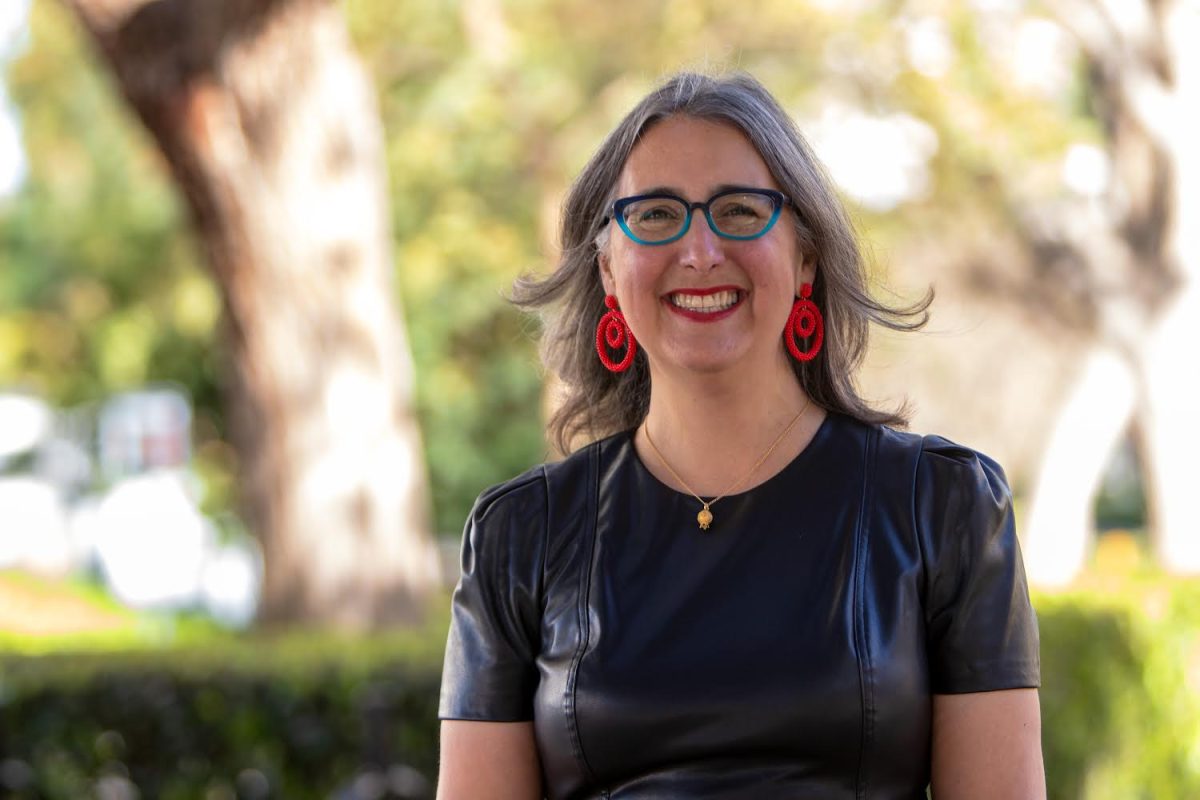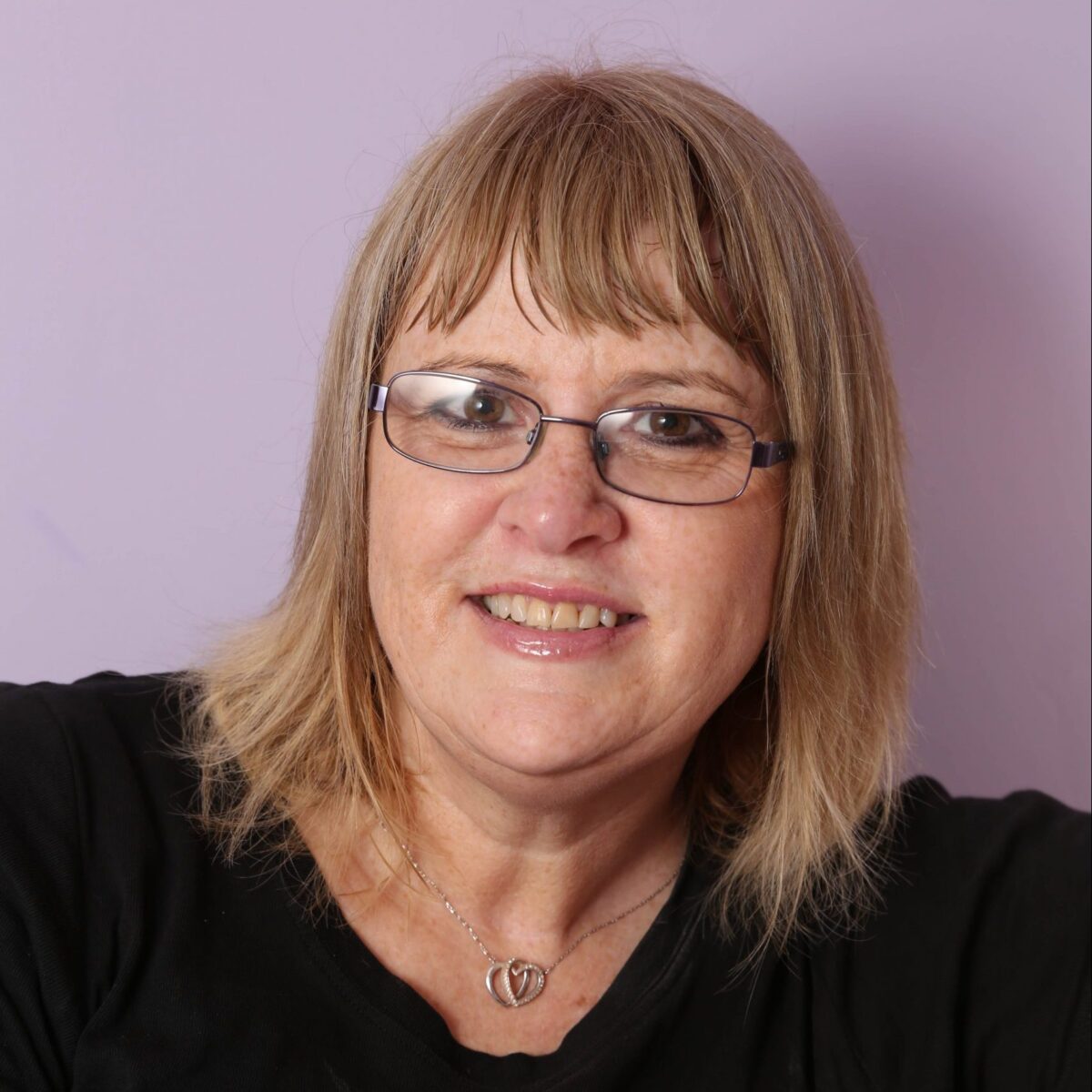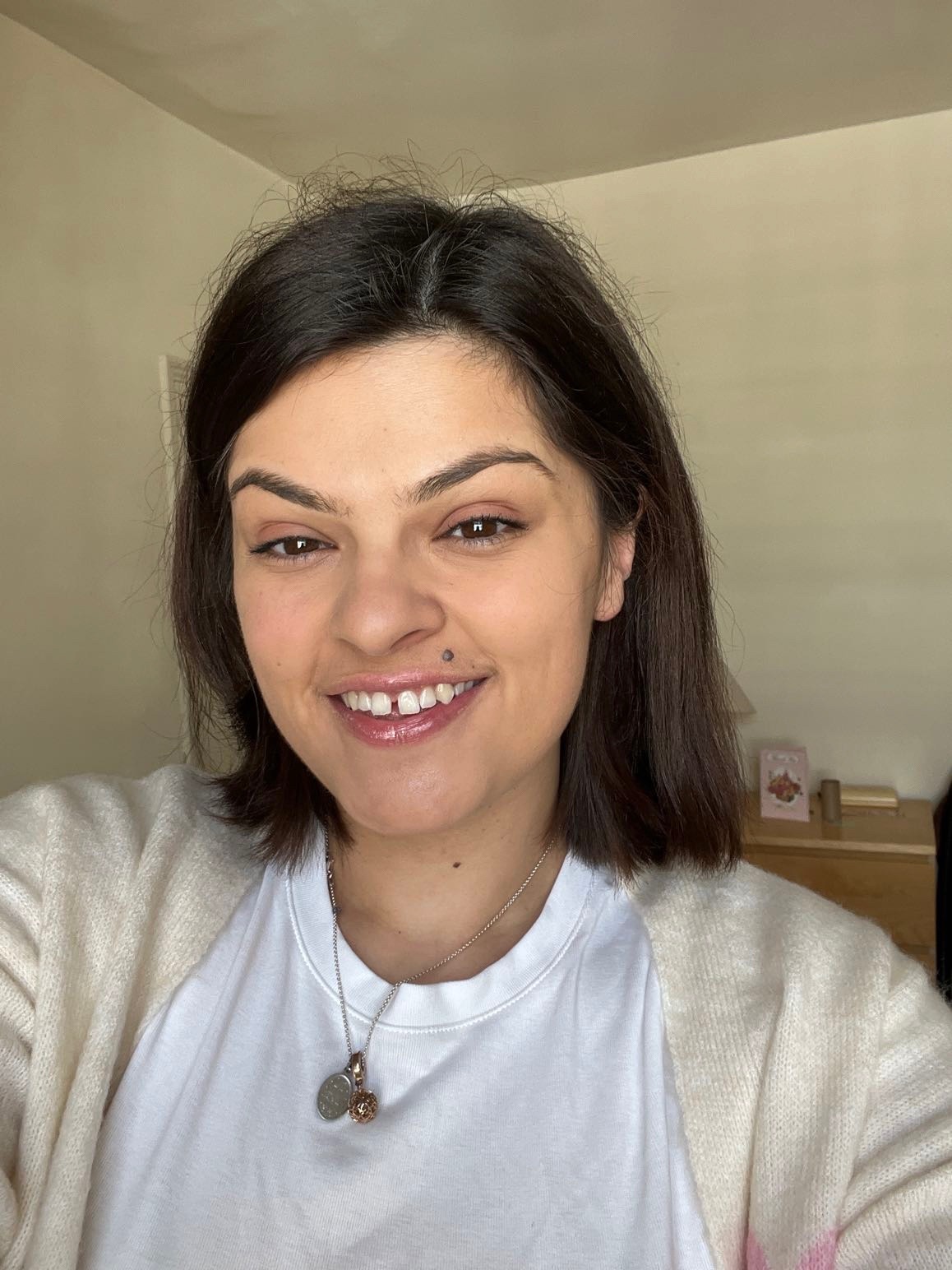Meet Roxanne Varzi, an Anthropologist, Artist, writer, Professor, filmmaker, playwright, and this episode’s guest on the Dyslexia Life Hacks Show!
Roxanne’s interest in anthropology started when she wanted to study something that would pay and still allow her to enjoy her passion for writing. What she found was that she had this huge passion for people and what made people tick.
Now a professor in Anthropology, Roxanne shares her passion with her students.
Alongside being a full time Anthropologist, Roxanne also writes and publishes books with her Armchair Anthropology series Whodunit books.
Discovering Roxanne has dyslexia after her son was diagnosed, Roxanne shares with us that her dyslexia strength is visual thinking. Roxanne says that the more she leans into her strength by using visuals to present her research, it means that she can thrive because of her dyslexia.
Roxanne is incredibly passionate about lots of different topics and she shares how her way of wanting to do things, like writing a book series or making films doesn’t fit into ‘normal’ and so her mantra is ‘to do things in your own way’ a lessons we can all take away from this episode.
Dyslexic Strength:
- Visual Thinking
Dyslexic Hack:
- Ask lots of questions
Key Topics:
- Anthology
- Doing things your own way
- Dyslexia running families
- Books and book writing
